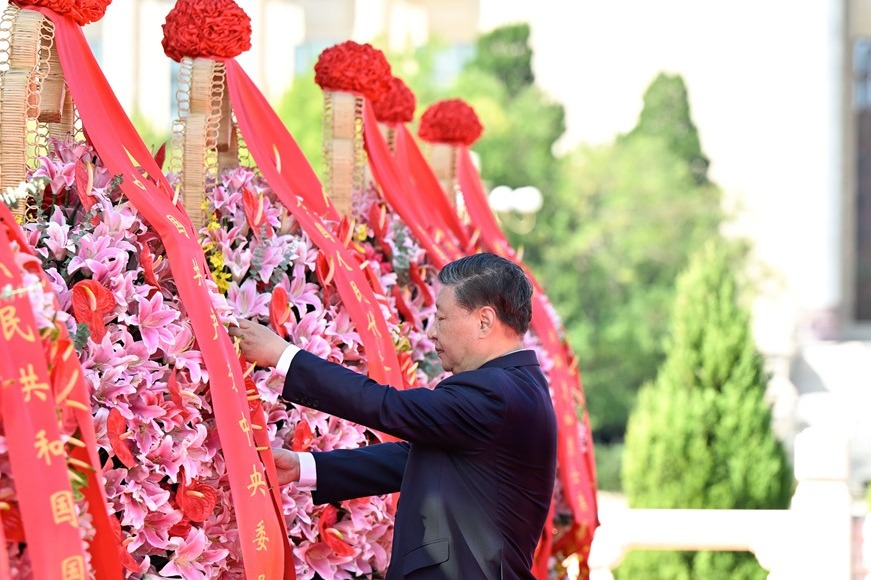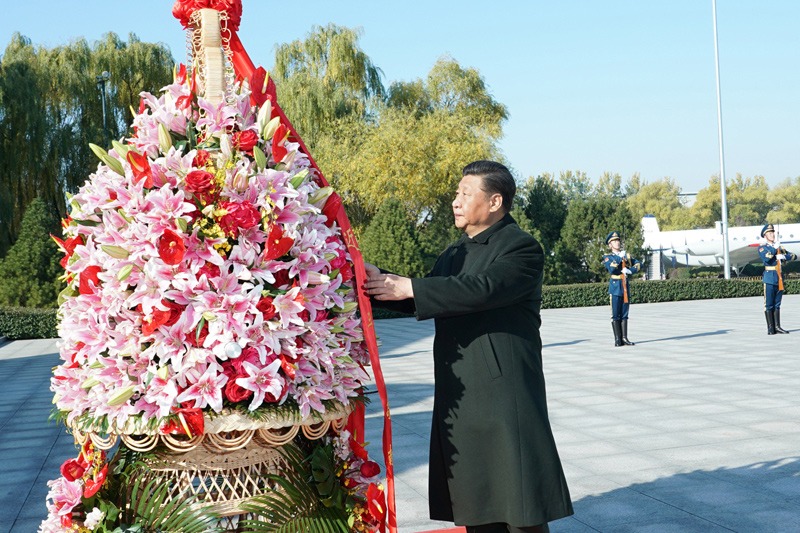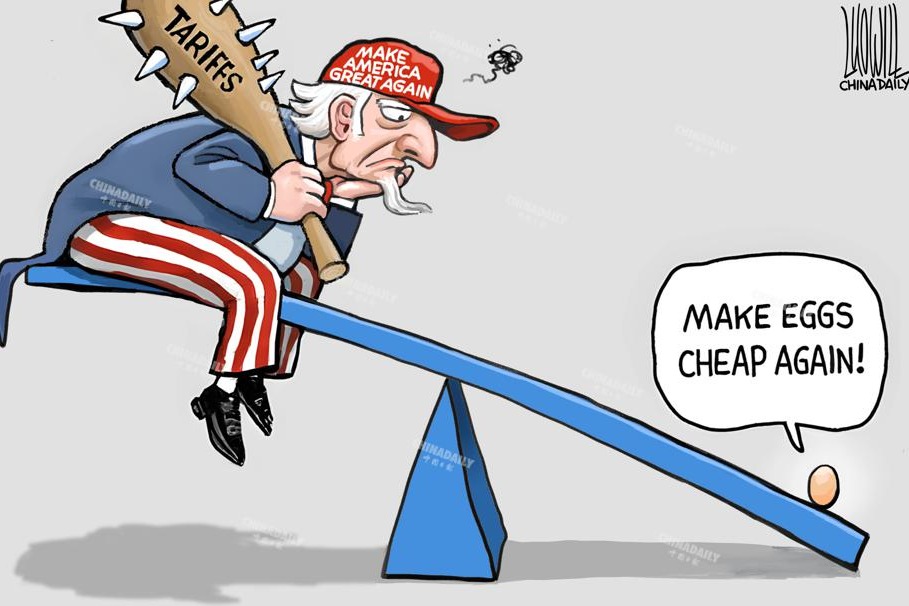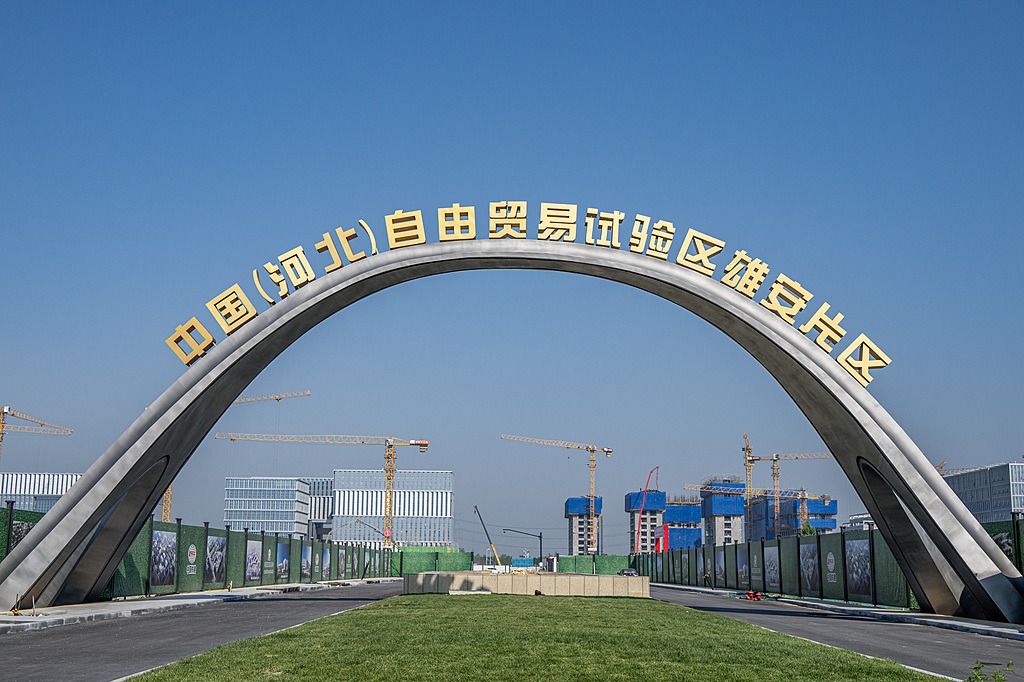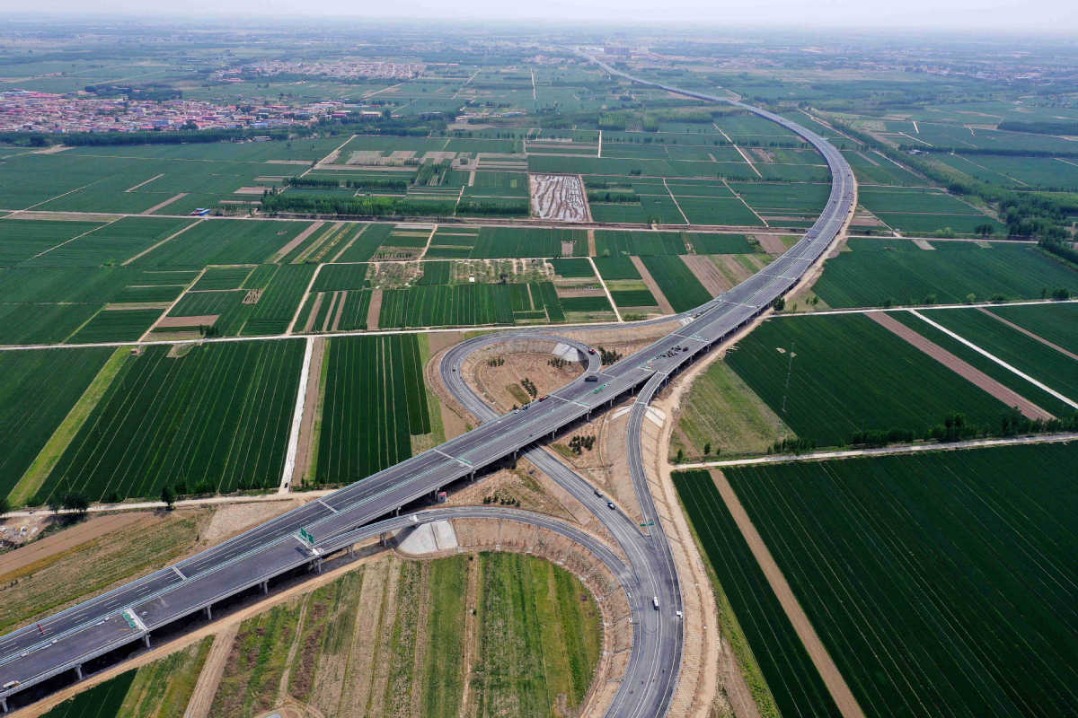Tesla needs to do more to set roads on fire

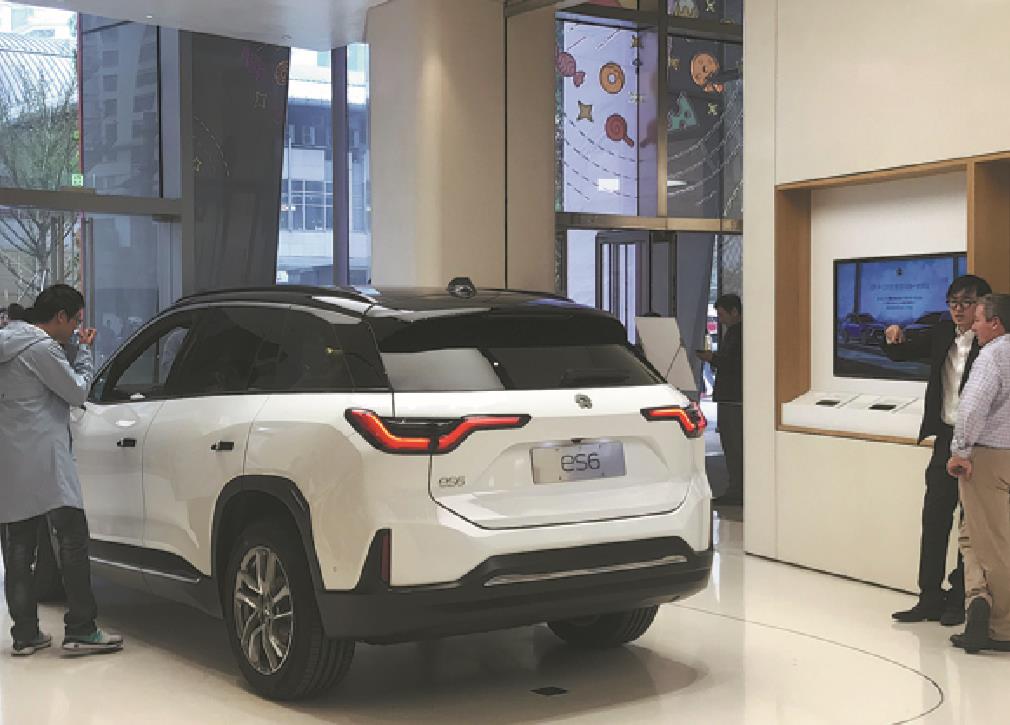
When Tesla recently rolled out its millionth electric car, some buyers complained online that the China-made Model 3 car computers used older chips. The same problem was also found in the model's imported version.
China's Ministry of Industry and Information Technology, too, pointed out the anomaly and urged Tesla to make amends, leading the enterprise to post on its official website that all vehicles equipped with "autonomous driving computer" version 2.0 or 2.5 hardware and purchased "fully autonomous driving capability" software can upgrade to "fully autonomous driving computer" version 3.0 for free. But it did not say why it had not informed customers beforehand.
"Oddly, those who complained didn't actually order FSD. Perhaps they weren't aware that the computer is upgraded for free if the FSD option is ordered even after delivery," Tesla CEO Elon Musk tweeted.
Tesla has enjoyed a green channel for project approval since officially starting operations in China in 2018. Shanghai authorities and financial institutions supported it with policies and funds, leading to the rapid launch of Tesla's Shanghai Gigafactory, perhaps giving it the illusion that it enjoys "super-national treatment" in China.
China's economy offers Tesla a potentially huge new energy market where consumers are spoilt for choice. Consumers have a right to know about all the problems in the products they buy.
However, even after the hardware 2.5 problem was exposed, Tesla tried to shift responsibility to the supply chain. The enterprise should re-examine its position in the Chinese market, or it cannot eye a bright future.
















